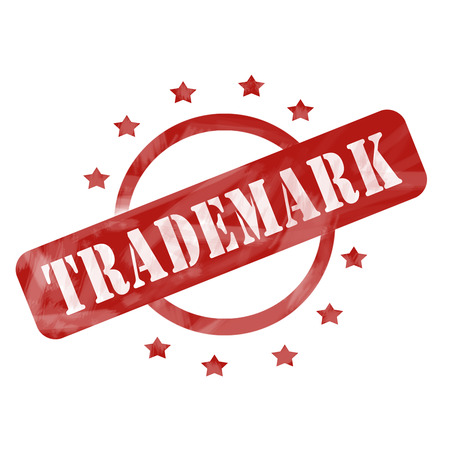Overview
The Supreme Court ruled that the United States Patent and Trademark Office (USPTO) may not deny registration of trademarks on the basis that they are offensive or hateful.
 As previously discussed, in In re Simon Shiao Tam, the USPTO refused registration of the mark THE SLANTS because the term was likely to disparage persons of Asian descent. The applicant, an Asian-American artist, intended to use the trademark for the name of his band. He acknowledged that he selected the term because of its derogatory nature, but with the intention of fighting bigotry rather than encouraging it. Tam appealed the refusal of his mark to the Federal Circuit, which ultimately found the Trademark Act’s disparagement clause unconstitutional under the First Amendment’s Free Speech Clause. On June 19, 2017, the Supreme Court affirmed the Federal Circuit’s ruling.
As previously discussed, in In re Simon Shiao Tam, the USPTO refused registration of the mark THE SLANTS because the term was likely to disparage persons of Asian descent. The applicant, an Asian-American artist, intended to use the trademark for the name of his band. He acknowledged that he selected the term because of its derogatory nature, but with the intention of fighting bigotry rather than encouraging it. Tam appealed the refusal of his mark to the Federal Circuit, which ultimately found the Trademark Act’s disparagement clause unconstitutional under the First Amendment’s Free Speech Clause. On June 19, 2017, the Supreme Court affirmed the Federal Circuit’s ruling.
In writing the majority opinion, Justice Alito noted that the Trademark Act’s bar of disparaging marks “offends a bedrock First Amendment principle: [s]peech may not be banned on the ground that it expresses ideas that offend.” Justice Kennedy concurred, finding that the clause constituted a classic case of viewpoint discrimination. The justices unanimously held that, contrary to the government’s position, trademarks are indeed “private speech” protected by the Free Speech Clause, as opposed to “government speech” that can be more readily restricted. Among other reasons, the Court noted that the government does not create or edit the marks submitted for registration, that registration does not constitute approval of a trademark, trademarks have not traditionally been used to convey government messages, and there is no evidence that the public associates trademarks with the government.
The Court further found that if the federal registration of a trademark turned a mark into government speech, then other systems of government registration, such as copyrights, could be characterized as government speech. As Justice Alito noted, “[if] private speech could be passed off as government speech by simply affixing a government seal of approval, government could silence or muffle the expression of disfavored viewpoints.”
The Tam ruling is expected to have widespread implications for trademark owners and applicants. In particular, the case will likely aid the Washington Redskins football team in reversing the cancellation of its registrations for the REDSKINS mark, which were canceled by the USPTO in 2014 on the basis that the mark is disparaging to Native Americans. That case, currently before the U.S. Court of Appeals for the 4th Circuit in Richmond, Virginia, was put on hold pending the Tam decision.
The Tam opinion could prompt challenges to other types of prohibited marks, such as immoral or scandalous marks. All that being said, while the door may be widening for marks of various color and comment, trademark owners should still keep in mind that such marks are always vulnerable to the court of public opinion.